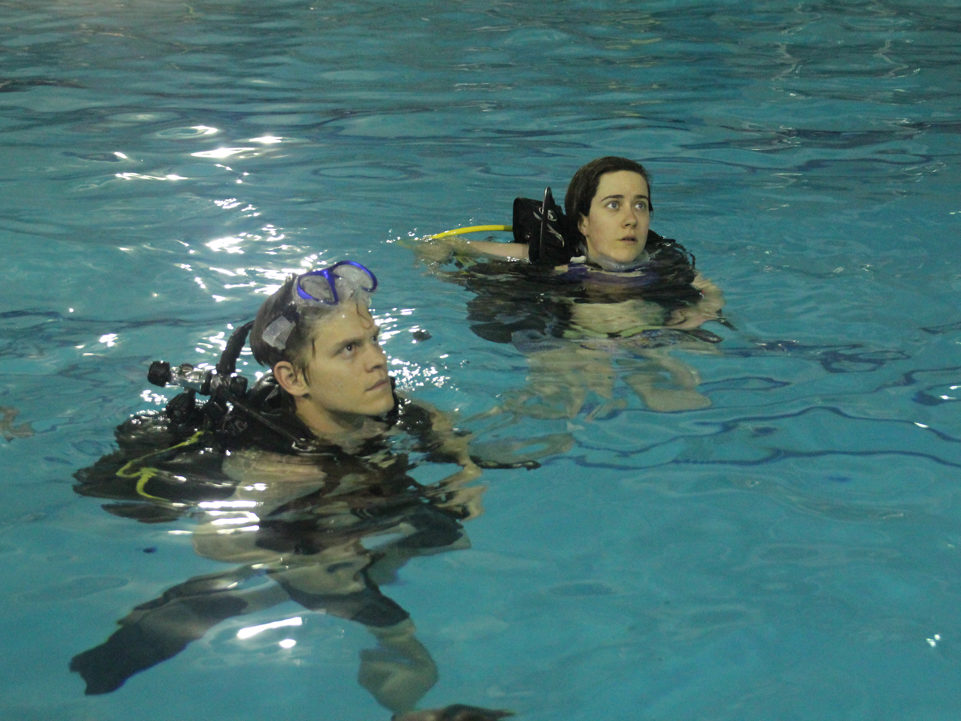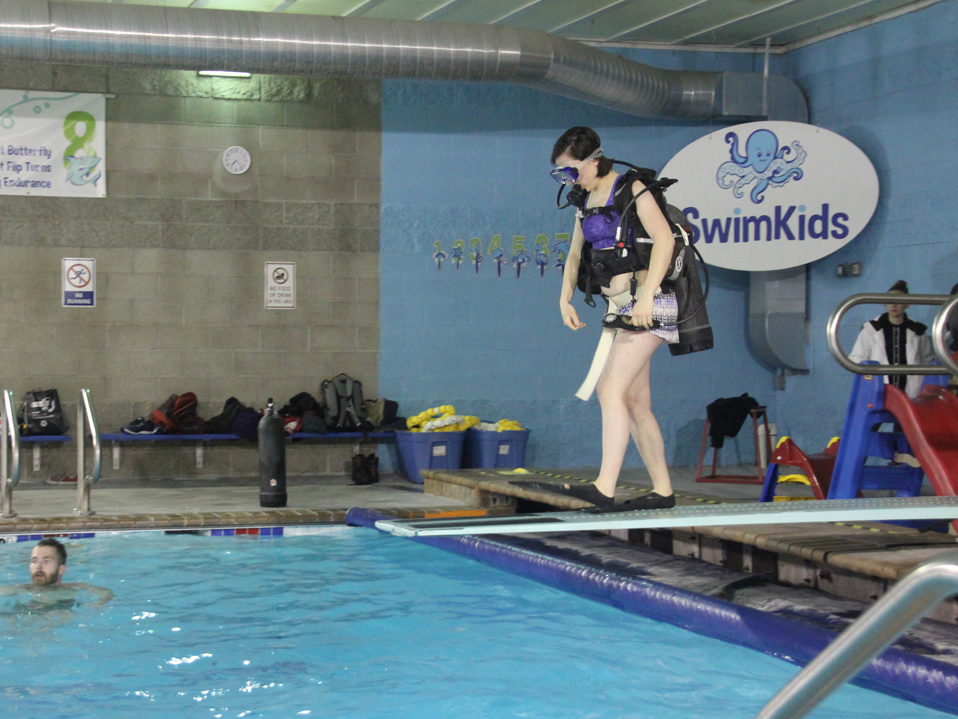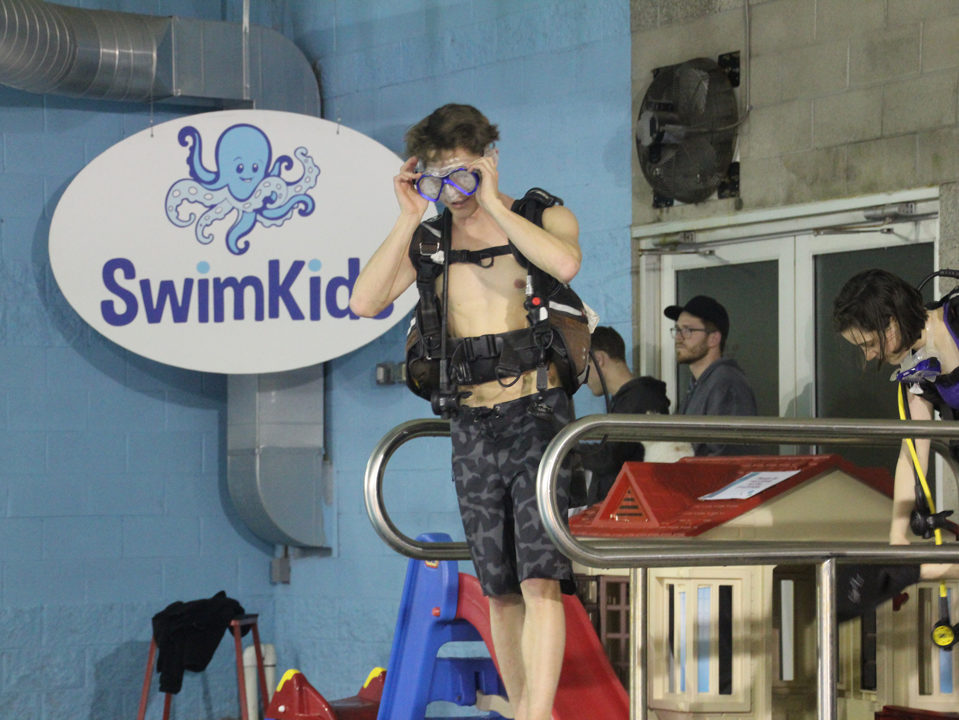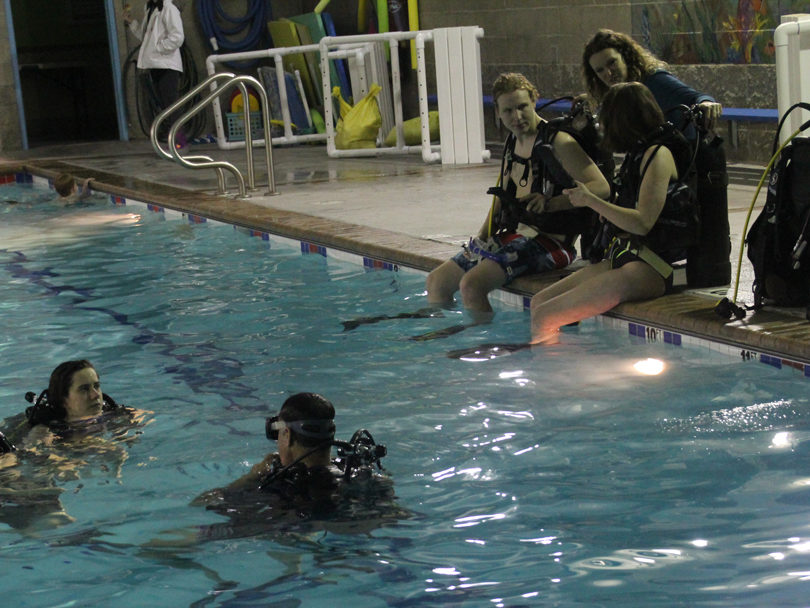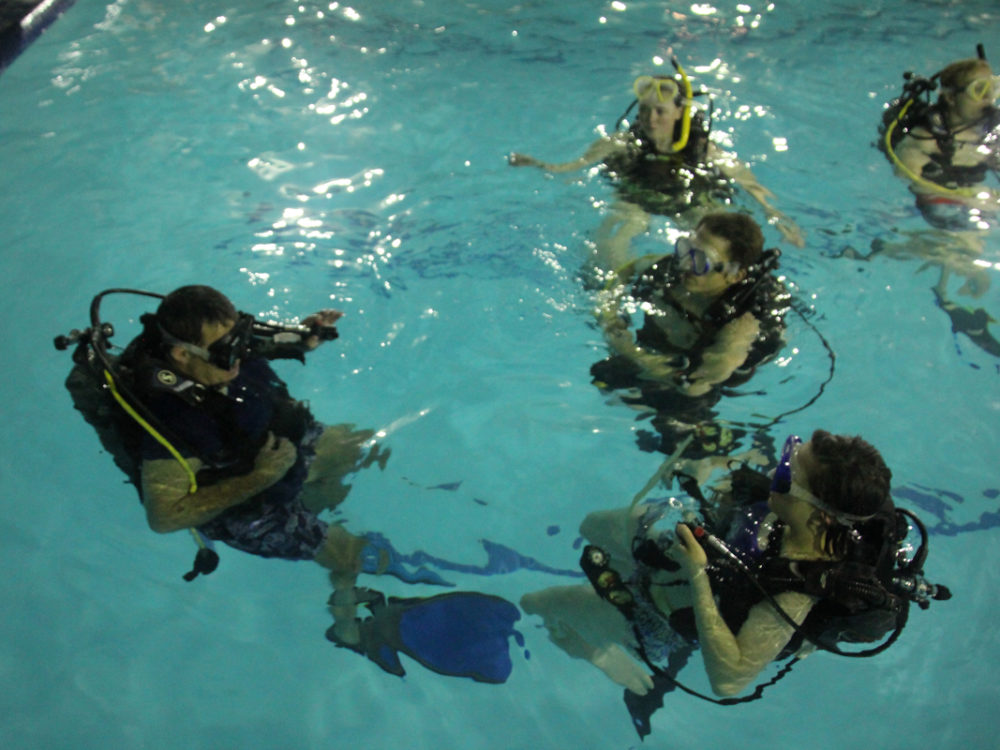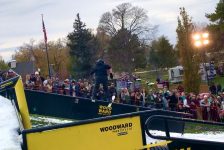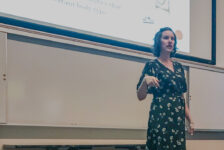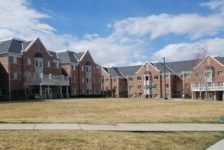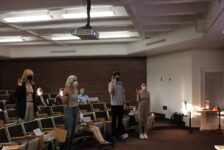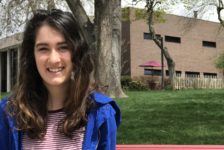With ski resorts and hiking trails less than an hour away from the campus, Westminster College attracts many students interested in outdoor recreation — but one unexpected activity the desert state offers is scuba diving.
Despite being a landlocked state, northern Utah has several geothermal springs and reservoirs, with year-round diving opportunities available.
“There are so many fun places to dive; even though we are a desert, Utah tends to certify about 10 percent of all divers each year in the United States,” said Robyn Hyde, a chemistry professor and science department chair. “Maybe it’s because we want to get out of landlock and head out to the oceans.”
Students taking Westminster’s Advanced Scuba Diving course, which Hyde co-teaches with Neal Kramer, an independent scuba instructor, get to experience a side of the state’s outdoor recreation that isn’t as widely recognized.
Hyde and Kramer take students to get their open-water certification at the Homestead Crater, located at the Midway Utah Resort. It is the only warm scuba diving location in the continental US and is one of the main scuba diving attractions in Utah, according to the the resort’s website.
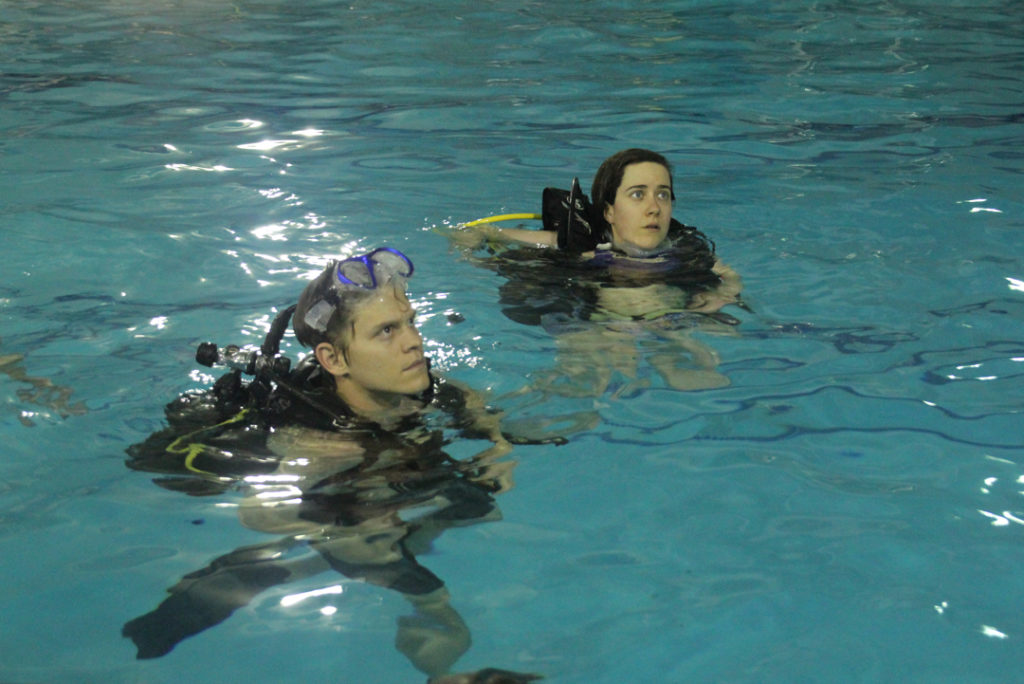
Westminster College students Bobby Bruggeman, a senior chemistry major, and Abby Scott, a senior neuroscience major, receive feedback from their instructor, Robyn Hyde, after completing a rescue dive drill at Dive Utah’s indoor pool on Feb. 19. Bruggeman and Scott are two of six students taking Westminster’s Advanced Scuba Diving course this semester. (Photo by Hope Bloom)
The Advanced Scuba course Hyde and Kramer co-teach serves students at different levels. Some of the students are finishing up their open-water certifications, while others have moved on to more advanced-level certification training, like rescue diving.
Claire Russon, a high school senior at the Salt Lake Center for Science Education, is concurrently enrolled in the course to fulfill a physical education requirement and settle some family quarrels over vacation opportunities.
“My entire family is scuba certified, so I was kind of the one keeping us from going on diving trips,” she said.
Russon said she had some hesitation about learning how to dive at first.
“I think it’s definitely been outside of my comfort zone,” she said. “I’m comfortable in the water, but really going under and just sort of relying on manufactured breathing is intimidating at first. And it’s been really fun because being under the water for that long is really surreal and almost feels like a dream.”
Russon completed most of her scuba diving coursework over the summer and only needs to complete one more open-water dive to become open-water certified. Overall, she said she’s had a positive experience taking the class through Westminster.
“Robyn and Neal are really great teachers and create a great atmosphere,” she said.
Abby Scott, a senior neuroscience major, and Bobby Bruggeman, a senior chemistry major, are training for the rescue diver certification, which emphasizes emergency response and rescue.
“The one [rescue dive drill] that I think has been the most difficult to learn and carry out — and probably would be the scariest and most serious thing we’d need to do if it were a real-life situation — is getting an unconscious diver from the bottom to the surface and then getting them onto a boat,” Scott said. “There’s just sort of a lot of steps that aren’t super obvious.”
Scott and Bruggeman run through drills together, switching roles between the rescuer and the diver that needs rescuing.
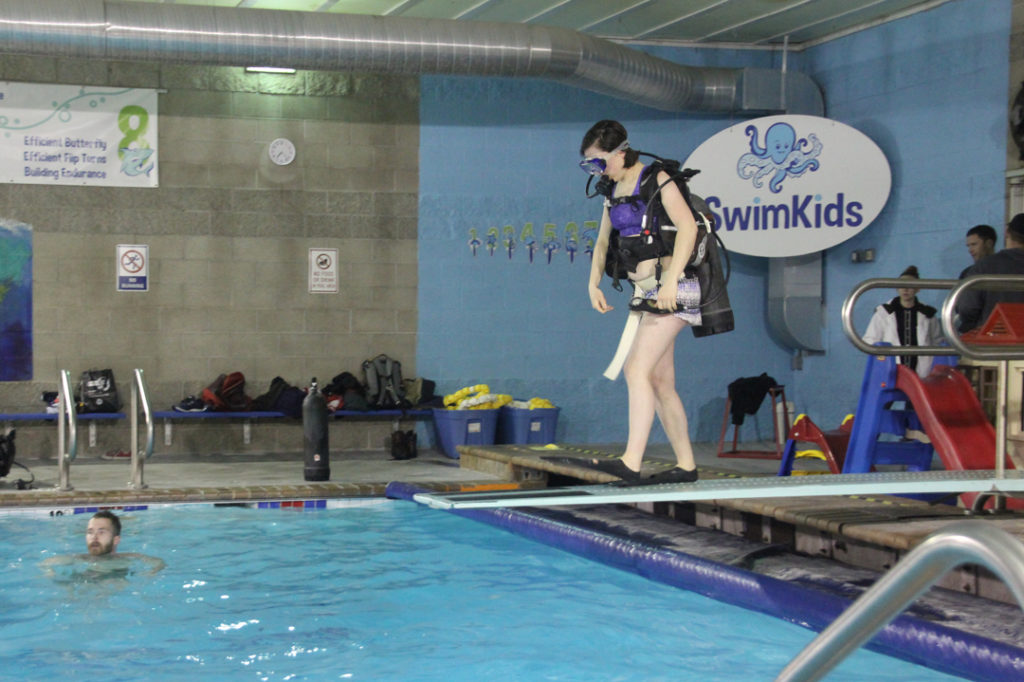
Abby Scott, a senior neuroscience major at Westminster College, prepares to practice a rescue diving drill at Dive Utah’s indoor pool on Feb. 19. Scott is one of six students taking Westminster’s Advanced Scuba Diving course this semester. (Photo by Hope Bloom)
“It’s just kind of funny to talk to Bobby and see what kind of situation he’s coming up with,” Scott said. “He’s got some pretty solid method acting skills.”
Bruggeman said he plans to continue his scuba diving training and encourages others to earn their own — noting that it teaches participants how to handle emergencies and feel more independent.
“If you’re scared or apprehensive about it, I think the best thing to do is have a divemaster or instructor, somebody that you know and you’re comfortable with,” he said. “I think that’s one of the best things about Robyn being the instructor. If she’s your academic advisor or you’ve had classes with her, she makes very difficult, daunting tasks seem very doable, so it’s simple. And she brings that same influence to scuba diving.”

